Excess liquidity of Islamic banks plunges by 77pc
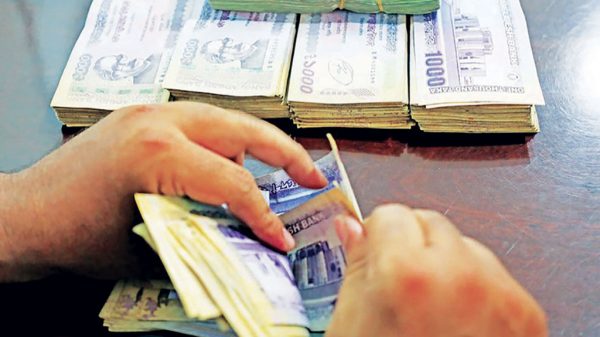
Shawdesh desk:
Excess liquidity of Shariah-based banks in Bangladesh plummeted by 77 per cent in March 2024 compared with that in December 2023, driven by a confidence crisis of depositors.
According to Bangladesh Bank data, excess liquidity in Islamic banks nosedived by Tk 5,125 crore to Tk 1,518 crore at the end of March 2024 compared with that of Tk 6,643 crore in December 2023 and Tk 7,767 crore at the end of September 2023.
The Bangladesh Bank’s ‘Quarterly Report on Islamic Banking in Bangladesh’ revealed the situation.
Excess liquidity refers to the amount of liquid assets that banks hold above and beyond what is required for their day-to-day operations and regulatory obligations.
Negative excess liquidity poses challenges for banks, making it difficult to meet immediate payment obligations, address customer withdrawals and settle transactions promptly, bankers said.
In Bangladesh, there are 10 full-fledged Islamic banks.
Only two banks — Shahjalal Islami Bank and Al-Arafah Islami Bank — managed to increase their excess liquidity substantially, while others saw a severe erosion of their liquidity in the reporting period.
The excess liquidity of five Shariah-based banks, which are allegedly controlled by the Chattogram-based S Alam Group, remained negative in March 2024.
The five banks are Islami Bank Bangladesh, Social Islami Bank, First Security Islami Bank, Global Islami Bank and Union Bank.
ICB Islamic Bank also faced a negative excess liquidity crisis.
These banks have been grappling with liquidity issues since November 2022, following a series of media reports on various scams and loan irregularities, particularly involving Islami Bank, which prompted deposit withdrawal.
Moreover, media reports in January revealed that despite having no money in their current accounts with the Bangladesh Bank, these five banks are still conducting transactions, surviving solely on the central bank’s crucial support.
The total deposits in the Islamic banking system also plunged by Tk 3,938 crore to Tk 4,39,465 crore at the end of March 2024 compared with that at the end of December 2023.
While these Shariah-based banks floundered, the overall excess liquidity in the banking sector surged to Tk 1,67,708 crore in March 2024 compared with that of Tk 1,63,305 crore in December 2023.
Deposits in the overall banking system also increased to Tk 16,75,492 crore in March 2024 compared with that of Tk 16,53,744 crore in December 2023.
Despite the crisis, the total loan disbursements by the Islamic banking system increased by Tk 12,020 crore to Tk 4,56,994 crore at the end of March 2024 compared with that at the end of December 2023.
EXIM Bank’s excess liquidity nosedived by 65 per cent in March 2024 compared with that in December 2023 amid fallout from a merger decision.
On March 14, the board of EXIM Bank decided to acquire Padma Bank, creating a single entity.
This decision triggered a wave of panic-induced withdrawals from both the banks, bankers said.
To address the liquidity crisis in these Shariah-based banks, the Bangladesh Bank started providing special facilities, including Tk 4,000 crore through the ‘Islamic Banks Liquidity Facility’ on December 5, 2022, and Tk 8,000 crore to Islami Bank PLC alone on December 29.
On December 28, 2023, the BB extended Tk 22,000 crore to seven struggling commercial banks, including the five Shariah-based banks.


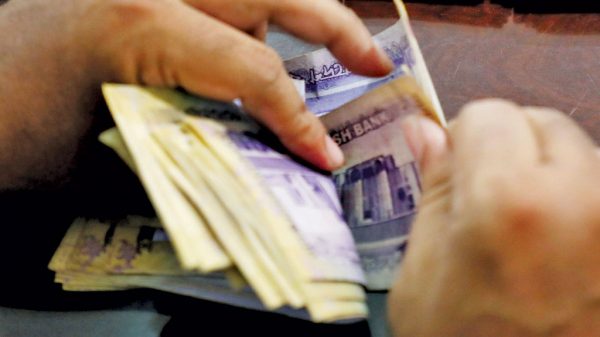

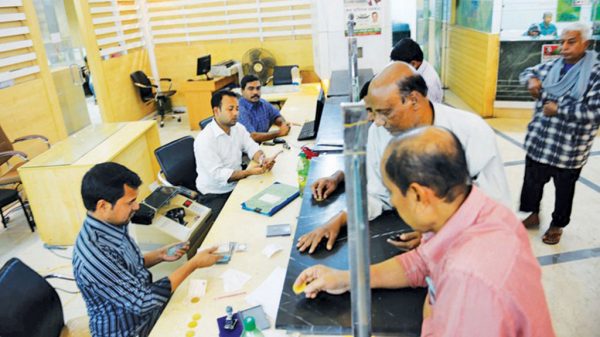




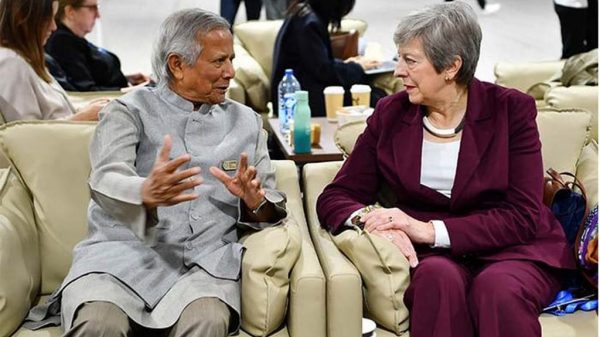
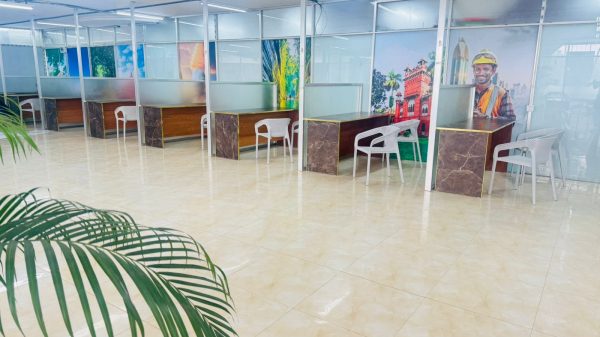
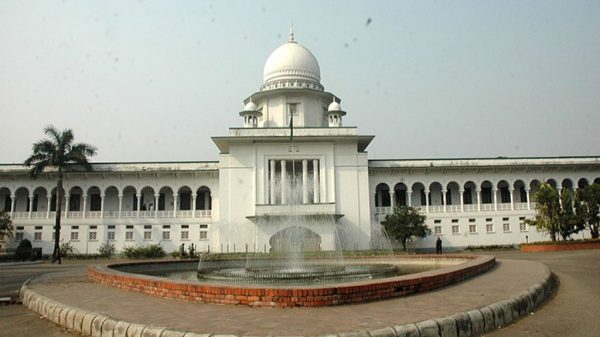




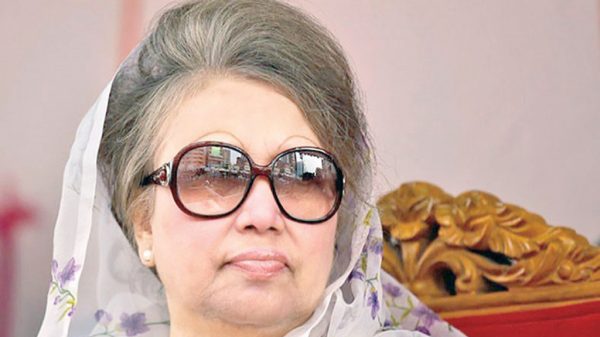











Leave a Reply